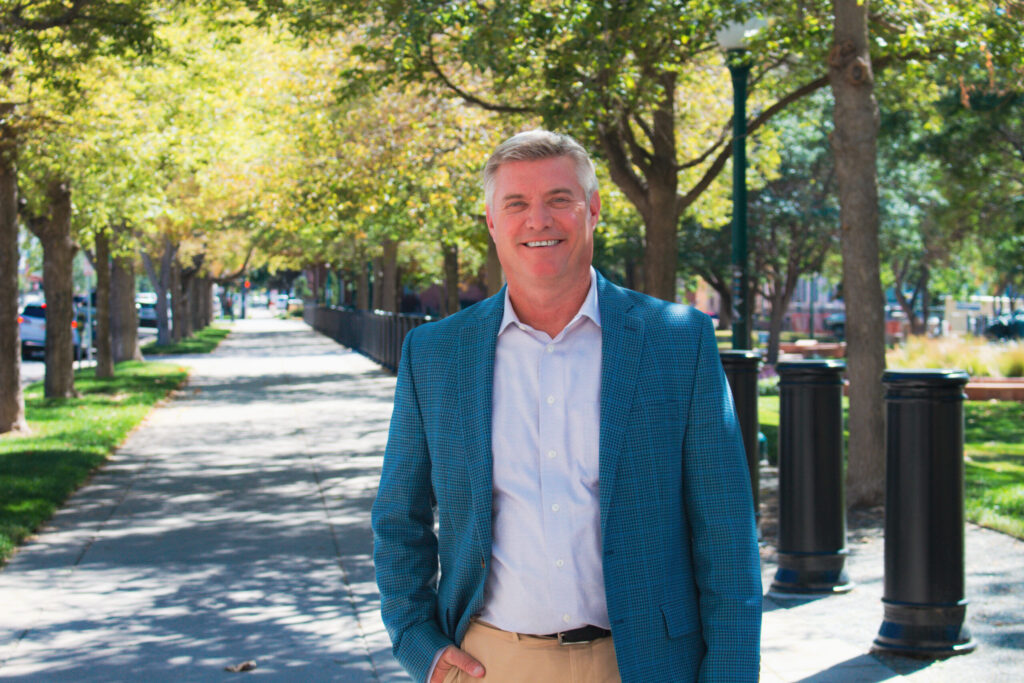The politics of the Los Angeles inferno | SLOAN

Kelly Sloan
The conventional wisdom has long been Los Angeles would be immolated by The Big One — the devastating earthquake that is almost inevitable to visit a major city built astride a fault line forming the volatile border between two tectonic plates. That likely but hypothetical fear has been replaced, for now, by the very real tragedy of the wildfires that continue to rage in Los Angeles.
The images coming out of LA are of the type difficult to forget, like those of Sept. 11, 2001 or Mount St. Helens. Parts of the city have been transformed into a hellscape by the violent, wind-driven flames that crash down on homes and buildings as relentlessly as the waves against the nearby coast.
The immediate need, of course, is to douse, or at least contain, the conflagration before it claims more victims, save as many lives and as much property as possible, and care for the displaced. Outside the immediate area, Los Angelenos fellow Americans deal with the frustration that comes with being unable to provide immediate corporal relief to suffering neighbors, denied by distance the ability even to rush out with a bowl of soup or a blanket.
Stay up to speed: Sign up for daily opinion in your inbox Monday-Friday
It may be this frustration, combined with other, less charitable urges, that compels us to immediately assign blame, most of it political in nature. Both sides have leapt at the opportunity to anthropomorphize the fires; on the left, expressed ostentatiously in headlines, opinion pieces and so forth, the culprit is climate change. The planted axiom: the fires and the devastation they have wrought are the direct result of Exxon Mobil and our stubborn refusal to fully subsidize green energy. On the other side, the arraignment is against California and Los Angeles government leaders. The planted axiom: the fires and the devastation they have wrought are the direct result of misallocated state and city resources and a skewing of priorities.
As to the left’s claims, it is undeniable the climate is changing, temperature trends have generally been upward and human progress contributes to that. But it is also indisputable the conditions which precipitated these fires in California have long preceded mankind’s use of oil. None but the most zealous climate change apostle would attribute the strength of the Santa Ana winds to an accumulation of greenhouse gas in the atmosphere, and the cycles of rain and drought which produce the fuel for the inferno have been recorded with remarkable regularity for more than 100 years.
But even if one discounts all that and still assigns a causal accountability to climate change, the question becomes this: if officials running California and Los Angeles knew the climate threat posed a greater danger of fire, why was nothing done to prepare for or ameliorate the threat? Why did this not factor into state and municipal planning? The water issues, such as the depressurization of fire hydrants, are more complicated than people like President-elect Donald Trump and others make it out to be, and there is certainly an element of reductionism in some of the criticisms leveled. But that does not excuse the mismanagement and dereliction evident within the highest levels of LA and California government.
Gavin Newsom, the Justin Trudeau of California, cannot avoid accountability. His agenda, well-publicized and relentlessly executed, shifted the government’s focus away from its core responsibilities and toward expressions of ideological fancy. Green-energy subsidies, mandates and other climate-inspired policies do little if anything to mitigate climate change — unless, perhaps, they are to be employed on a grand scale in China and India, which they will not be. All of the various ounces of prevention that could have been adopted come at a cost, which speaks to prioritization, and Newsom’s priorities were geared toward social engineering at the expense of those policies which would have prepared his state for the worst. Protecting a particular species of frog, or subsidizing electric vehicles are luxuries to be pursued after the government fulfills its vital functions, not before.
Colorado is periodically confronted with similar crises of prioritization. It has been said the state budget is a “moral document” by which is meant the state government’s spending priorities reflect the values of those doing the spending. The state is looking at something on the order of a $1 billion budget deficit, which will naturally precipitate some ordering of priorities. To its credit, the legislature has done some remarkable work in the area of wildfire prevention, mitigation and fighting. The devastation in California should serve to keep focus on the important things. Including our continued prayers.
Kelly Sloan is a political and public affairs consultant and a recovering journalist based in Denver.











